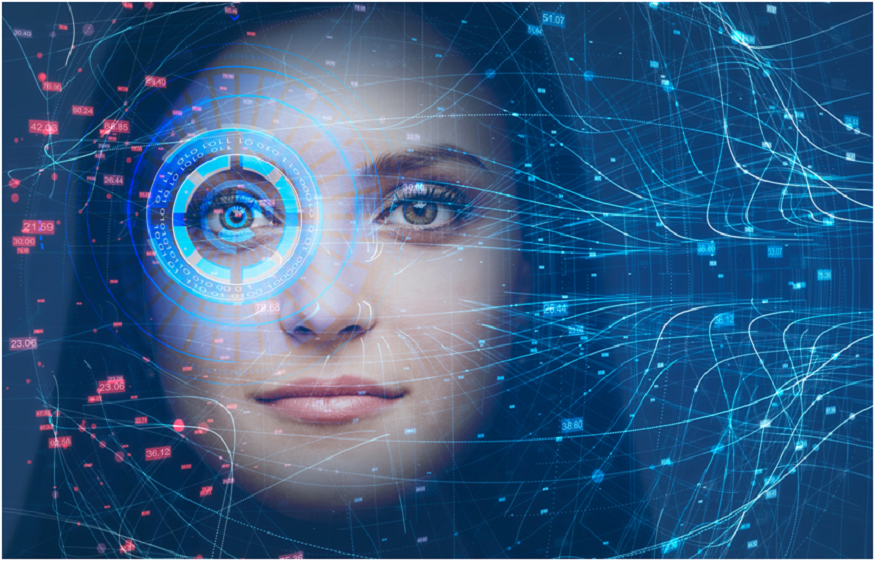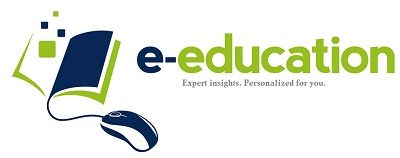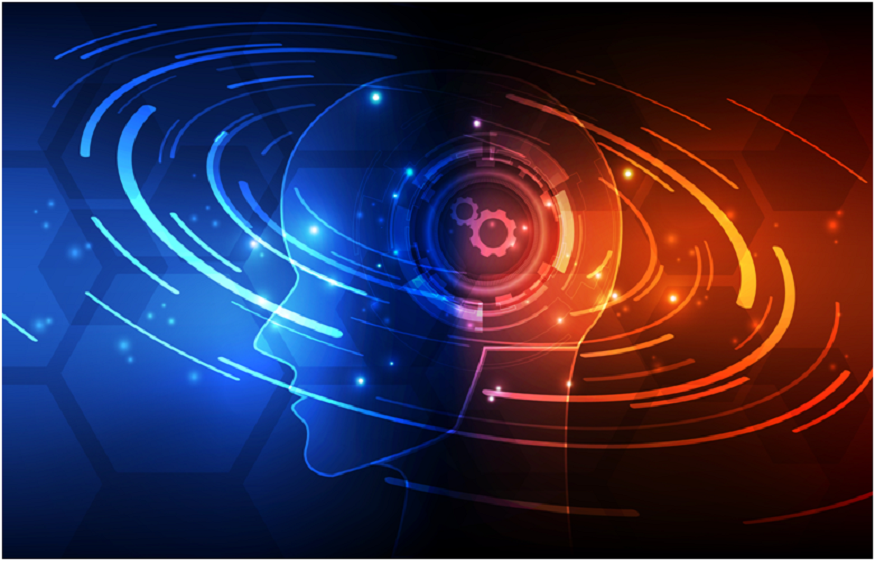In the ever-evolving world we live in, technology continues to revolutionize various aspects of our lives – and education is no exception. Artificial Intelligence (AI), with its tremendous potential, is now making its way into classrooms, promising to transform the traditional education system.
This article explores the prospects and challenges of enhancing education through the implementation of Artificial Intelligence.
Prospect 1: Personalized Learning
One of the significant advantages of incorporating AI into education is its ability to offer personalized learning experiences. Unlike traditional classroom settings, where one teaching approach fits all, AI can adapt to individual needs and learning styles. With the help of machine learning algorithms, educational platforms can analyze student performance data, identifying areas of strengths and weaknesses. By providing tailored recommendations and adaptive content, AI enables students to learn at their own pace, boosting their comprehension and overall academic performance.
Prospect 2: Intelligent Tutoring Systems
Another exciting prospect of AI in education lies in the development of Intelligent Tutoring Systems (ITS). These advanced systems act as virtual tutors, providing students with personalized guidance and support. By understanding individual learning patterns and preferences, ITS can offer explanations, feedback, and further material specifically designed to address areas where the student may be struggling. The interactive nature of these systems not only improves subject mastery but also boosts student engagement and motivation.

Prospect 3: Efficient Administrative Tasks
AI can also streamline administrative tasks within educational institutions, freeing up valuable time for teachers and administrators. With AI-powered systems for attendance tracking and grading, routine administrative tasks can be automated, allowing educators to focus on their primary role: teaching. Additionally, AI chatbots can provide 24/7 support, answering common queries, and providing immediate feedback, enhancing communication channels between students and the educational institution.
Challenges 1: Ethical Implications
While the possibilities offered by AI in education are promising, it is crucial to be mindful of the ethical implications. Privacy concerns arise when dealing with sensitive student data, such as grades, learning patterns, and personal information. Striking a delicate balance between collecting necessary data to personalize learning experiences and protecting students’ privacy and security is a challenge that must be addressed for the successful implementation of AI in education.
Challenges 2: Inequality and Accessibility
The digital divide poses another challenge to the widespread adoption of AI in education. Not all students have equal access to technology or reliable internet connections at home. This disparity in resources may lead to further educational inequality, where some students gain the advantages of personalized AI-powered platforms while others are left behind. Addressing this challenge necessitates ensuring equitable access to technology, bridging the digital divide, and fostering inclusion in the AI-driven educational landscape.
Challenges 3: Human-Tech Balance
One of the key concerns surrounding AI in education is the potential replacement of human interaction. While AI can assist and enhance the learning process, it cannot replace human teachers entirely. The empathetic and nuanced approach teachers bring to the classroom is invaluable. Striking the right balance between the integration of AI and preserving human connections is essential for ensuring the holistic development of students.
AI holds significant potential for enhancing education, revolutionizing the way students learn and teachers teach. From personalized learning experiences to intelligent tutoring systems, the prospects are impressive. However, it is vital to address the various challenges, including ethical implications, inequality, and maintaining the right balance between technology and human interaction. By acknowledging and overcoming these challenges, we can integrate AI into education thoughtfully and responsibly, opening up a world of opportunities for students to thrive and prepare for the future. Together, with the guidance of educators and the advancements of AI, the future of education looks bright.
Stock photos provided by Dreamstime.com

